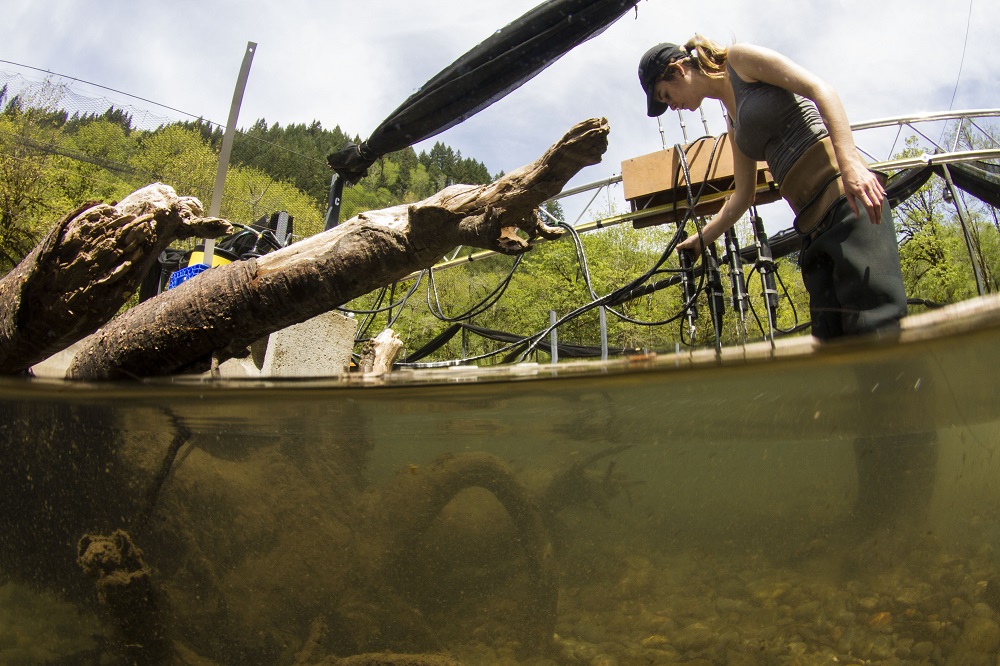Ecological Engineering is the design of sustainable systems in concert and consistent with ecological principles that integrates human activities with the natural environment to the benefit of both.
Ecological Engineering is focused on incorporating ecological principles into the design of both natural and human-dominated systems. It uses ecology as its fundamental design paradigm, emphasizing resiliency, adaptation and systems approaches to develop engineered solutions that are sustainable, intrinsically incorporate a broad range of biological systems as components, and emphasize mutual improvement of both human and natural environments. This focus on incorporation of ecological principles in engineering design to promote development of robust, sustainable systems sets it apart from other engineering disciplines.
Within the Department of Biological and Ecological Engineering, program options are currently available at the undergraduate and graduate levels.
Active research projects
This research area applies principles of ecosystems science to the design and analysis of a wide range of processes and activities.
- Global Climate Change Modeling (Bachelet)
- Tillamook Coastal Futures-exploring the impacts of climate change-induced sea level change, population growth, and development may impact coastal communities (Bolte)
- High Resolution Fiber Optic Measurement of Temperature to Monitor Complex Ecological Processes, CTEMPs Publications (Selker)
- Summer Institute in EcoInformatics (Tullos)
- Reservoir operations under climate change (Tullos)
- Fluid and fish behavior around engineered log jams (Tullos)

